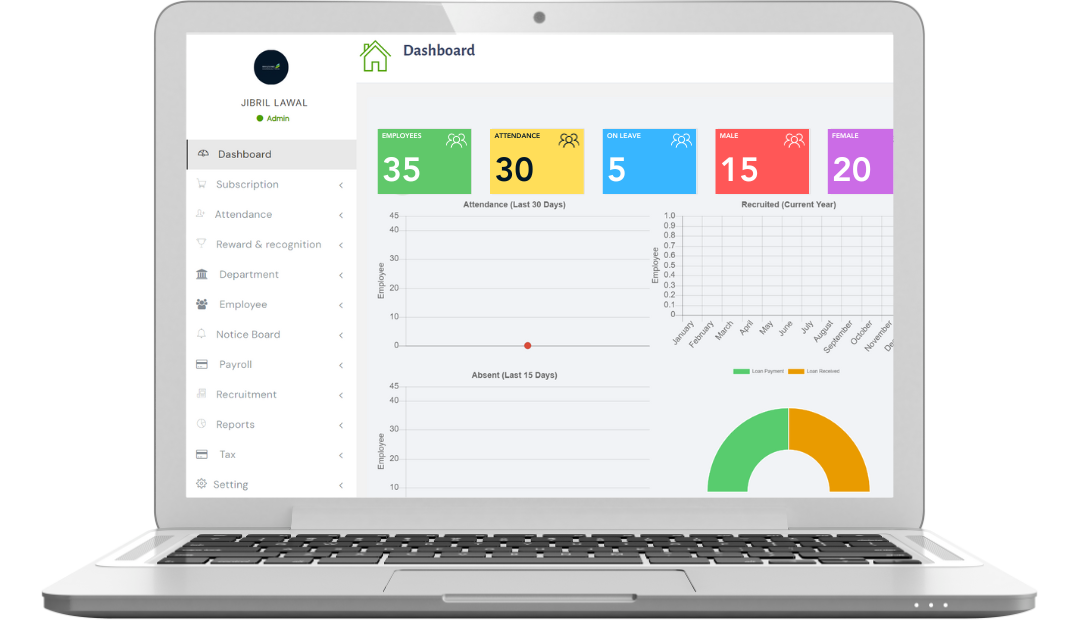
In Nigeria, with its young and growing population, businesses are facing a competitive landscape for talent. Traditional HR practices are no longer sufficient to attract and retain top talent. Data-driven HR management can help businesses make more informed decisions, improve employee engagement, and gain a competitive edge.
- What is data-driven HR management? Data-driven HR management is the practice of using data and analytics to make informed decisions, drive HR strategies, and optimize workforce management.
- Why is data-driven HR management important in Nigeria? Data-driven HR management can help businesses in Nigeria to:
- Make more informed decisions about recruitment, performance management, and employee engagement.
- Identify and address engagement issues early on.
- Personalise employee development programs to meet individual needs.
- Enhance employee retention.
- Gain a competitive edge in the war for talent.
- How to implement data-driven HR management in Nigeria:
- Collect relevant data. This includes employee demographics, performance metrics, feedback, and recruitment data.
- Analyze the data to extract meaningful insights. HR analytics software can be invaluable for this task.
- Develop data-driven strategies. Use insights from the data analysis to develop strategies for recruitment, performance management, employee engagement, and other areas.
- Challenges and considerations:
- Data privacy and security: Collecting and storing employee data necessitates strict adherence to data privacy regulations to protect sensitive information.
- Skill set: HR professionals need to develop data analytics skills to effectively implement data-driven strategies.
- Change management: Adopting data-driven HR practices may require organizational culture shifts and change management strategies.
- The role of HR leadership:
- HR leaders play a critical role in championing data-driven HR practices. They need to lead by example and support the integration of data analytics into HR processes.
- Conclusion:
Data-driven HR management is essential for businesses in Nigeria to compete in the global marketplace. By leveraging the power of data and analytics, businesses can make more informed decisions, enhance employee engagement, and gain a competitive edge.